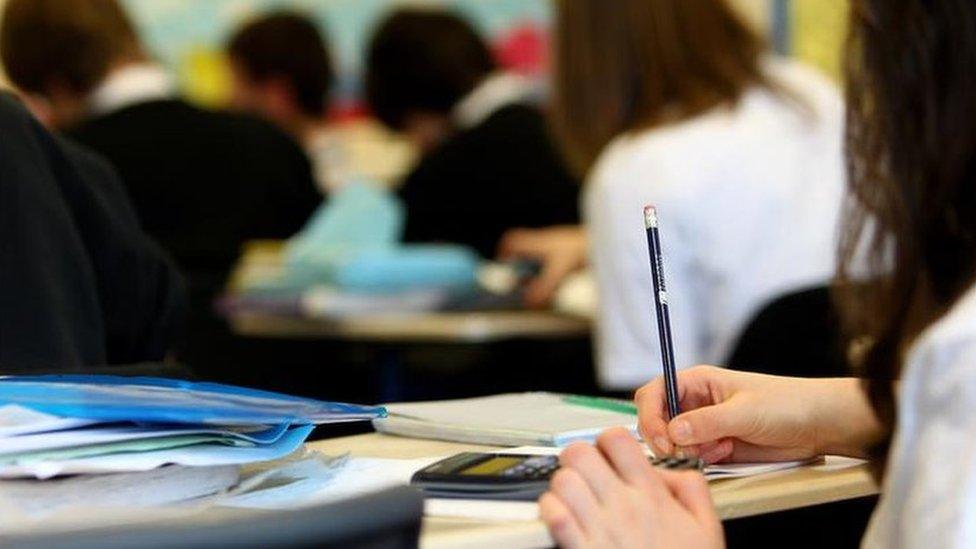Grammars debate trumps expert consensus
- Published
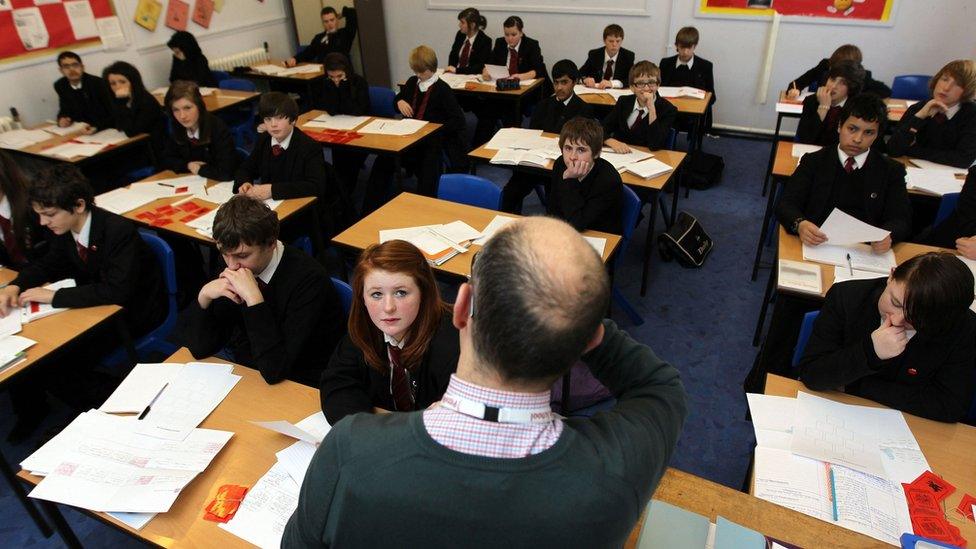
Theresa May's plans for more grammar schools have already triggered an avalanche of criticism.
Even those who have supported the drive to create academies, or change how teachers are recruited, are taken aback.
Inner city London schools have shown that comprehensives can help poor bright children excel.
Many thought the debate about grammars had become almost irrelevant.
But this is post-referendum politics - where the symbolic status of grammars as a chance to better yourself has trumped the expert consensus.
It is an unashamed pitch to the values of non-metropolitan England.
The government will hope to appease opponents within its own ranks by tying any new grammar schools into the wider system. Ministers will consult on a range of ways to do that.
A new law will be needed, and the actual number of grammar schools expanding or opening may ultimately be small. That's assuming a new law can be pushed through Parliament.
It's a big if. The brief debate in the House of Lords this week gave some sense of the difficulties that a bill would face. Most peers spoke against the idea of more grammar schools.
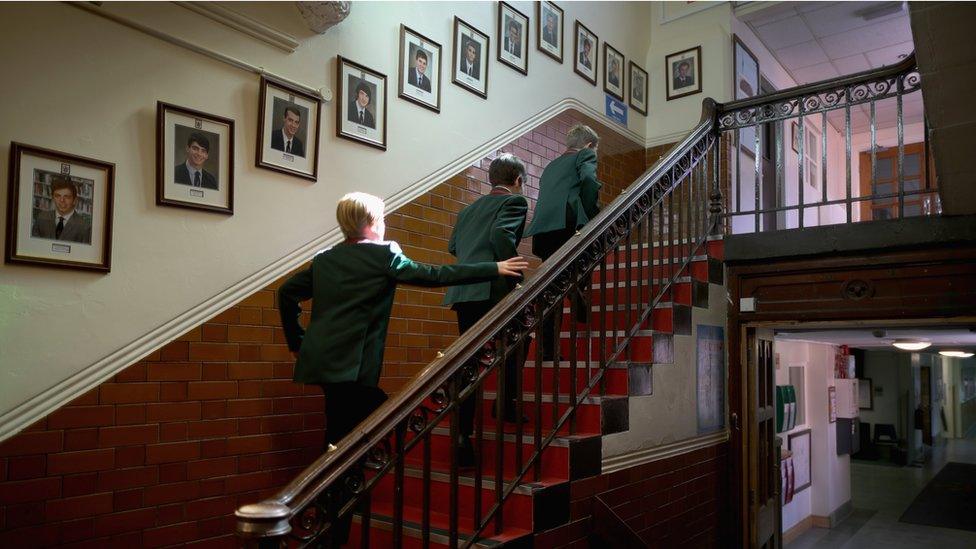
The measure of how much grammar schools help poorer pupils improve will come under scrutiny
Ranged against the government will be a wide alliance of charities and academics as well as political opponents.
They will point to the lack of evidence for past social mobility, and the risks of allowing selection to be extended.
It's worth noting that these plans appear to rely on grammar schools driving expansion of selection.
That's because, if the senior people I've spoken to are an indication, most multi-academy trusts are hovering somewhere between disbelief and horror at the idea that some bright pupils might be cherry picked by new grammar schools.
This autumn, many will look with interest as data on school progress in England is released.
It will measure how well secondary schools help pupils progress, compared with the level they reached at the end of primary.
This is part of the measures to identify schools which are described as "coasting".
Grammar schools by definition take the children already doing well academically. Like other schools, they help their pupils make progress to varying degrees.
Their performance, especially in helping poorer pupils improve, could now come under much more intense scrutiny than before.
- Published9 September 2016
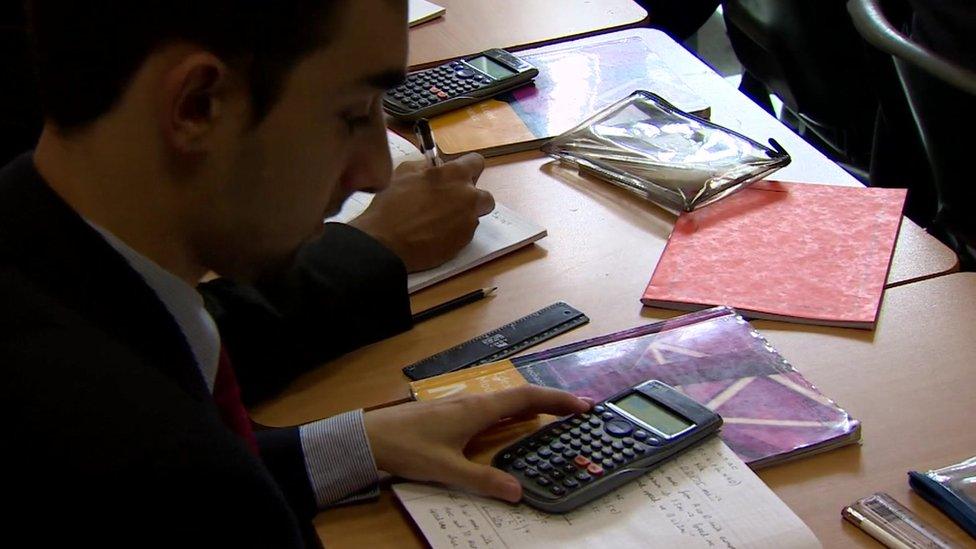
- Published9 September 2016
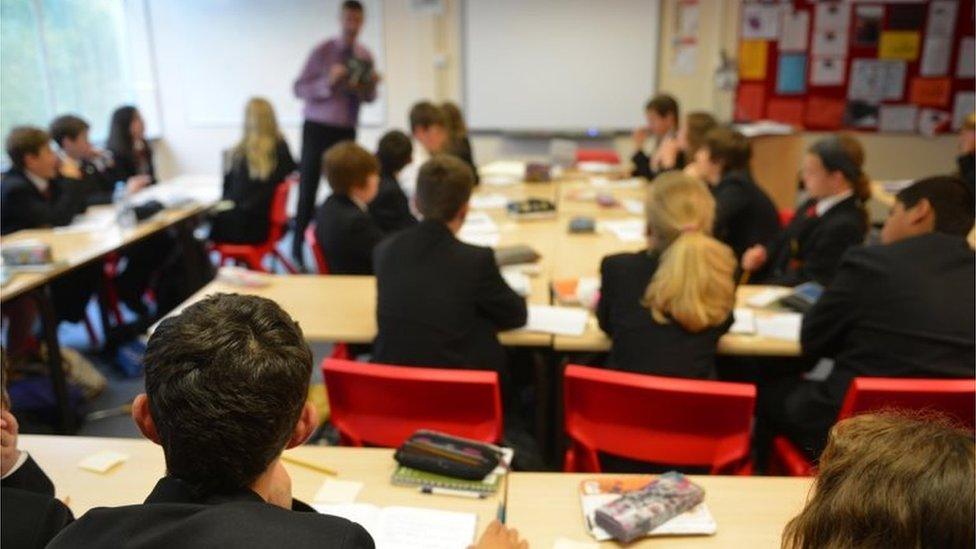
- Published8 September 2016
- Published8 September 2016
